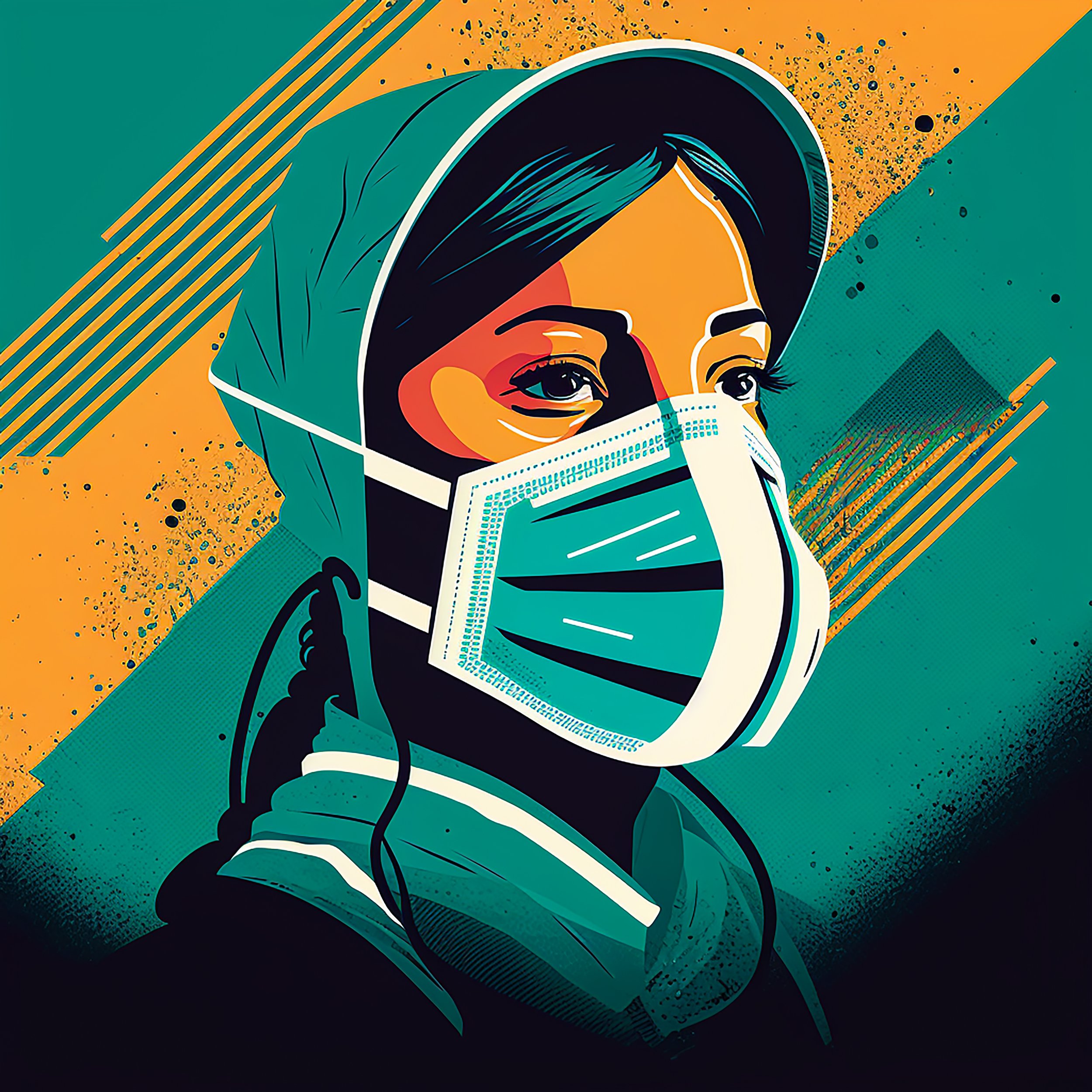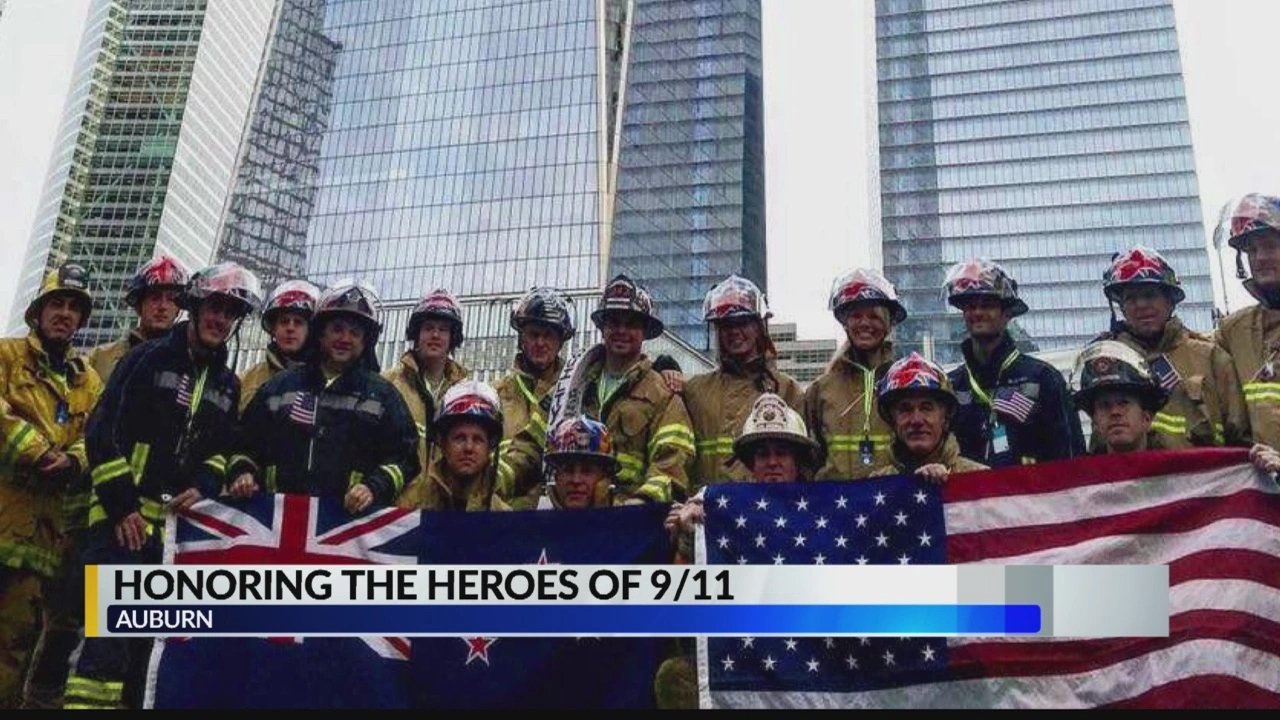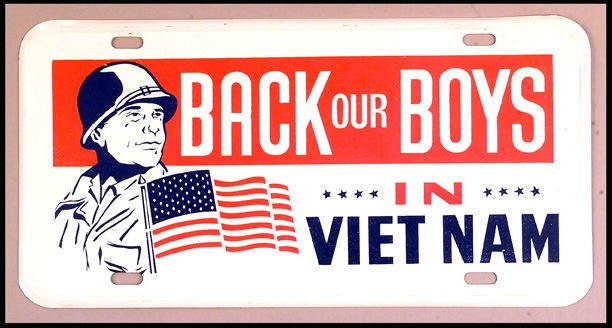Superheroes Don’t Exist
As I waited at the bus stop, the DC summer humidity passed thickly like molasses through my N95 mask. Fanning myself, I checked the bus schedule behind me to gauge my wait time.
Beneath the bus stop shelter, a carousel of digital ads projected on repeat. Within the rotation was an ad that read:
NOT ALL SUPERHEROES WEAR CAPES.
NOT ALL SUPERHEROES WEAR CAPES.
The massive text sat above an image of three healthcare workers with smiling faces and folded arms. The poster looked almost like an ad for a new Marvel movie or television show. These men and women stood staggered in dramatic lighting, armed with their stethoscopes and rubber gloves as if they had arrived to uppercut and judo-chop the coronavirus.
Currently, over 16 million Americans work in the healthcare field, doing jobs like those in this ad. During this time, when new COVID-19 cases increase by the thousands every day, it would be very advantageous to believe that there are 16 million superheroes that will fly in, save the day, and allow us to freely return to concerts and mask-less grocery trips. However, as comforting as this may be to our imaginations, this is not what the battle against COVID-19 looks like.
America does not need more superheroes.
The creation of these figures in national news media coddles an adult population that is more than capable of understanding courage and selflessness as commendable values, rather than an impossible set of skills reserved for those in the service industry.
This is a form of marketing America has seen all too often in instances like Vietnam, 9/11, and even in more common domestic jobs like firefighting and police work. News media and propaganda relied heavily upon romantic depictions of uniformed heroes with magic plans to defeat the odds and preserve our ideas of normalcy and safety. However, much like in these instances of war and conflict, COVID-19 is far more complex than our ideas of good guys versus bad guys.
The pandemic has involved death, uncertainty, economic failure, and an uncomfortable look at our current healthcare system that requires not only immediate attention from our leaders, but from our communities as well. Hero worship in something as grave and as complex as COVID-19 has the potential to distance the public from its own issues and present the false idea that this pandemic is the duty of healthcare workers alone.
Furthermore, there is a disconnect between the reality of how we treat essential healthcare workers and the caricatures we have created of them. The perception of medicine and healthcare work is often associated with thoughts of highly degreed, wealthy, and oftentimes white Americans with lab coats and fancy medical jargon. However, this image does not account for the vastness of the field and erases the majority of healthcare workers whose contributions are extremely important and significant, albeit less sexy.
In speaking with a clinical technician at Inova, a clinic based in Springfield, VA, she expressed frustration towards her work and the public’s perceptions of it.
She said:
“I wish non-healthcare workers understood how physically and mentally draining it is to work in this field…. [News and entertainment media] don't show the endless butt-wiping, the patients who are physically aggressive, and how exhausting it is to work days back to back, keep in mind our shifts are 12 hours.”
Presently, in the US, the number of people working jobs like housekeepers, pharmacy aides, janitors, and nursing assistants far outnumber those working as specialists and surgeons. In Maryland, the median hourly income of an orderly is $12.89, just about $2 over the minimum wage. These positions are oftentimes occupied by low-income Americans and people of color who disproportionately face the effects of COVID-19 at higher rates. Black residents in DC are currently twice as likely to contract the virus.
These individuals do valuable work. However, they are not immune to the issues that non-healthcare workers face. Extreme stress, racism, prejudice, job insecurity, and economic strain only intensify the weight of working in healthcare during this pandemic. Furthermore, these individuals are oftentimes frequently called heroes by the same government and members of the public who create and contribute to these issues of trauma and inequality.
The mental health of these workers is of the greatest importance as our nation navigates this pandemic. Joined with the severe extreme demand of working in life-threatening environments, hero marketing creates an unnecessary weight on the shoulders of essential healthcare workers. By putting these individuals on a pedestal, we hold them accountable to standards that they cannot meet.
In speaking to the same clinical technician, she expressed her hesitancy in accepting the title of a hero:
“I've been called a ‘"hero’" several times since this whole covid COVID mess came about, and it's weird. People even say ‘"thank you for your service’" which I think is even weirder. I don't feel like a hero, I'm just doing my job. Some days are definitely harder than others, but I don't think I've ever felt ‘"heroic’" for anything I've done.”
The strength of superpowers against COVID-19 is only as potent as our collective response. Our support for these individuals cannot stop at our applause and thank you. It must be made tangible by voting and acting in ways that improve public health. We must choose to exhibit courage and selflessness towards each other in mask-wearing, donating, and making daily decisions that not only protect our own health but others’ as well.
Consider donating to the following medical organizations and professionals:
DC: The District of Columbia Nurses Association (DCNA)
Maryland: Greater Baltimore Medical Center
Virginia: Virginia Nurses Association
U.S.: American Nurses Association (ANA)
Note: This article was published in our OCT 2020 Issue on October 31, 2020.



